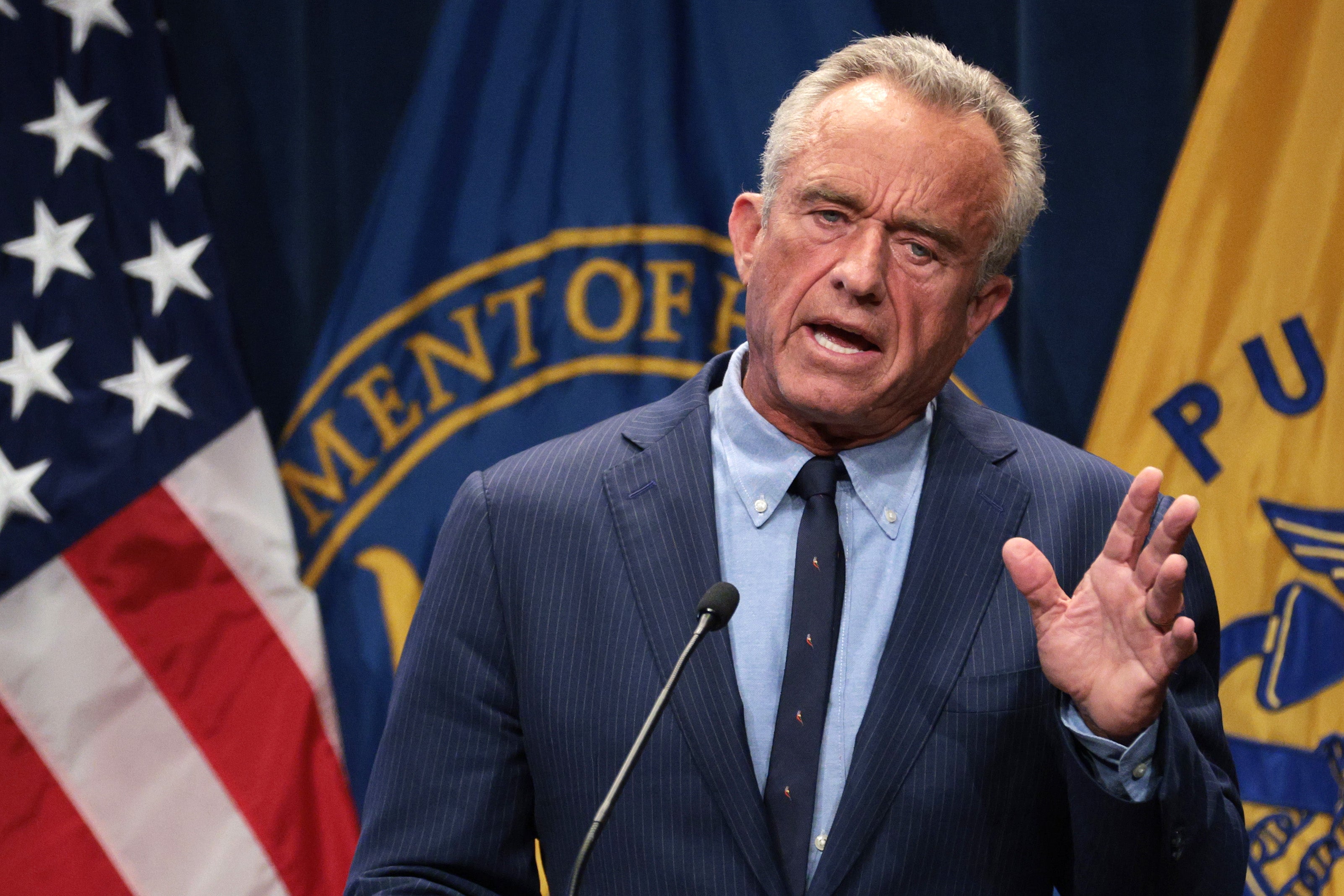The number of measles cases traced to the West Texas outbreak are likely undercounted, health officials say.
Dr. David Sugerman, a senior scientist leading the Centers for Disease Control and Prevention measles response, told a meeting of the centers’ vaccine advisory committee that officials believe there’s “quite a large amount of cases that are not reported and underreported.”
“In working very closely with our colleagues in Texas; in talking with families, they may mention prior cases that have recovered and never received testing, other families that may have cases and never sought treatment,” he said Tuesday.
Sugerman also noted that most of the nation’s cases have been driven in undervaccinated communities like the Lone Star State’s Gaines County. The county accounts for nearly 65 percent of the state’s cases.
The agency has deployed more than a dozen people to the state, and is sending more this week.
“This reallocation, or what Dr. Sugerman called scraping, is not unique to this outbreak or a direct result of current initiatives to restructure CDC. When outbreaks occur, the agency must reallocate resources from other programs to respond,” the CDC told The Independent on Thursday.
Right now, the CDC reports that there are more than 700 cases across the U.S., although it only updates its tally once a week.
In Texas, the state’s health authorities said Tuesday that there were 561 cases confirmed there since January, as well as 58 hospitalizations over the course of the outbreak.
Two unvaccinated children who lived in the outbreak area have died.
Measles is prevented by getting doses of the measles-mumps-rubella vaccine that provide decades-long immunity. But, convincing communities to get the vaccine or vaccinate their children has proven to be a major hurdle. Rising vaccine hesitancy has been reported across the nation.

“Parental vaccine hesitancy might be contributing to the low levels of influenza vaccination coverage, due to a higher degree of hesitancy among parents about influenza vaccine compared with other routine childhood vaccines,” researchers said last year in a study published in the CDC’s Morbidity and Mortality Weekly Report.
While Health and Human Services Secretary Robert F. Kennedy, Jr. has endorsed getting the measles shots, he has also promoted some questionable alternative practices, claimed the vaccines were “leaky” and said that the vaccines should not be mandated.
Experts have warned that casting doubts on vaccines could come with deadly consequences and reverse years of medical progress – especially with measles’ continued spread. Sugerman said coverage with the vaccine has been decreasing since the pandemic.
“It is often said that the first responsibility of any government is the safety and protection of its people,” the journal Nature’s editorial board said. “That alone should be reason enough for policymakers to encourage people to get themselves and their children vaccinated. Vaccines save lives, and casting doubt on their safety could have dangerous and far-reaching consequences.”
Warning issued over common blood pressure drug after labelling error
People are ‘microdosing’ weight-loss drugs like Ozempic. A GP explains the risks
CT scan warning after doctors raise serious concerns about cancer risk
The Aids crisis was set to end by 2030 – now Trump’s cuts could mean 4 million deaths
The robots approved to assist in NHS surgeries - and when they will be used
Deadly E. coli outbreak linked to lettuce hit 15 states. The FDA kept it secret







